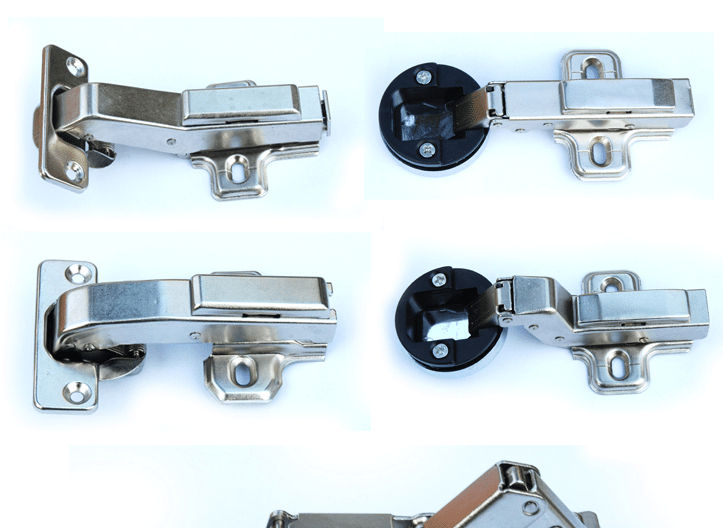
Canopies for furniture are small iron mechanisms that allow you to open and close doors. They have many varieties, many of which, however, have long been discontinued. In this article, we will consider the most relevant and popular models today and touch on the features of their installation.
Types of canopies
You should pay attention to such variations of furniture canopies:
Four-hinged
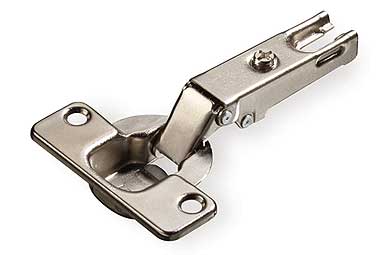
The most practical and reliable canopies for furniture boxes are four-hinged, which consist of four hinges and a spring mechanism.Unlike older single-hinged models, this design is more versatile and durable.
According to the method of imposition, such loops are divided into:
- Overhead - when the door is closed, the hinge part touches it tightly. This option is the most common and can be found on any representative of the furniture interior.
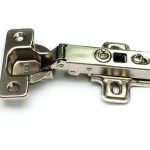
- Semi-overlays - in this case, the looped part is superimposed and adjoins only with some of its part. Such models are used when two facades fall on one side rack at once.
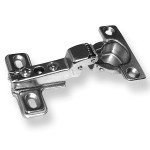
- Internal - such a canopy looks like a semi-overlay, but performs a slightly different function, providing fastening of the facade from the inside of the furniture box.
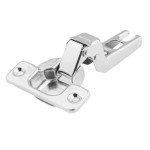
- Corner - fix the facade at a certain angle.
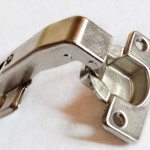
- Inverted - able to open 180 degrees.
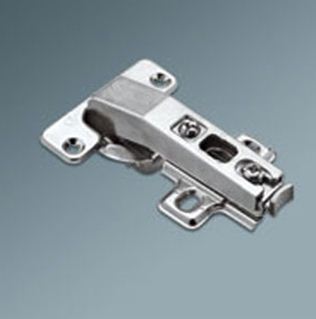
Tip: when assembling corner cabinets, it is recommended to use corner furniture hinges. They can be bent at an angle of 30, 45, 90, 135 or 175 degrees, which makes it much easier to fix the facades.
piano
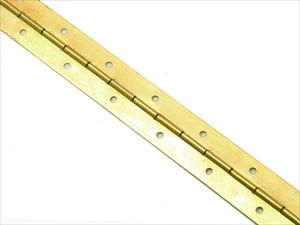
You have probably seen such hinges on antique furniture more than once. At present, they are practically not used due to their low reliability, although their price is very low.
Interesting to know: these models got their name because of the similarity with the fastening of the piano lid to its body.
Card
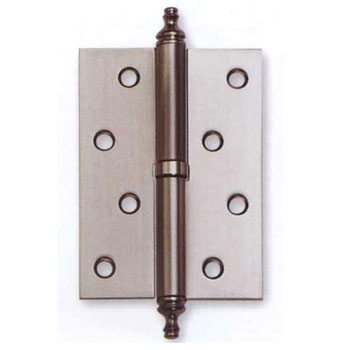
This option is very similar to the one we discussed above, its structure also consists of plates mounted on one hinge with rounded ends. They can have curly beautiful contours and reliefs. .
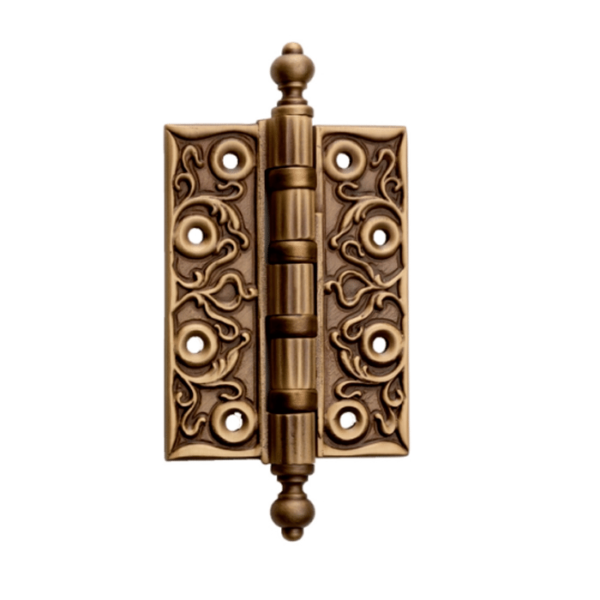
Tip: these canopies are perfect for creating furniture in retro style, allowing you to get as close as possible to the design of those times.
Mezzanine

Designed to ensure the operation of horizontal facades. The main difference from the usual side canopy is the presence of a spring.
Secretory
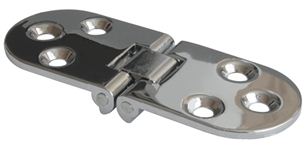
As well as card and piano, it has two plates and one axial hinge, but it is installed in horizontal doors that open down.
Ombre
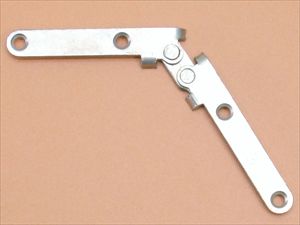
It is fixed at the ends of both parts of the furniture structure and allows the facade to lean back 180 degrees.
Installation
How to install a furniture canopy with your own hands? To do this, you need to start stocking up with everything you need:
| Tool | Purpose |
| Drill | Punch holes in the right places |
| Awl | Drilling point marking |
| Pencil | Drawing contours of the loop |
| Screwdriver | Self-tapping screws |
| self-tapping screws | Fixing the canopy |
The work instructions look like this:
- We make markings with our own hands, guided by the following rules:
- the marking line is placed 22 mm from the edge of the facade;
- extreme canopies, if more than two are installed, are marked at a distance of 80-110 mm from the ends of the door;
- the averages are evenly distributed.
Tip: Be sure to make sure that the hinges do not coincide with the location of the shelves and partitions, as this will lead to unnecessary inconvenience.
- With the help of an awl, we mark the centers of future holes for self-tapping screws.
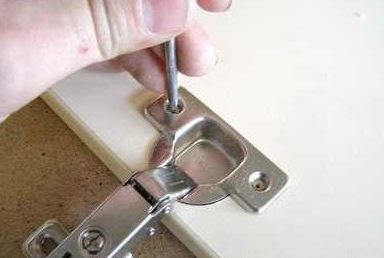
- We drill holes with a depth of not more than 13 mm. At the same time, make sure that the drill is in relation to the surface to be treated strictly at a right angle, otherwise you may damage the facade cladding.
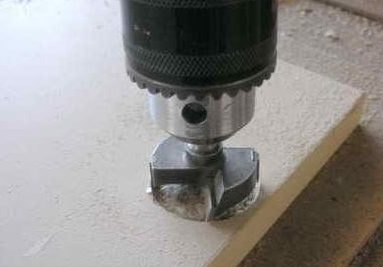
- Attach the loop and tighten the screws with a screwdriver. You can also use an electric screwdriver for this purpose.
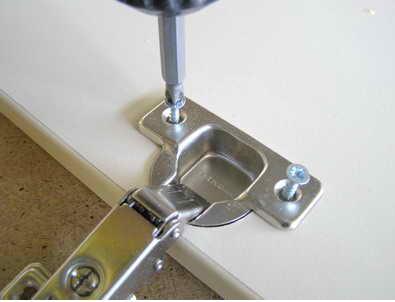
- We check the mechanism for operability, and the door for the absence of distortions.
Conclusion
Canopies for furniture allow you to fix their facades in the desired position and freely open them. There are many types of hinges with their own functional features, but four-hinged hinges are considered the most practical today. Installation work is not difficult and may well be carried out on their own.
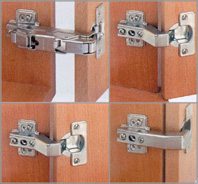
The video in this article will provide your attention to the study of additional information related to the materials presented.
Choose the right awnings.
Did the article help you?
